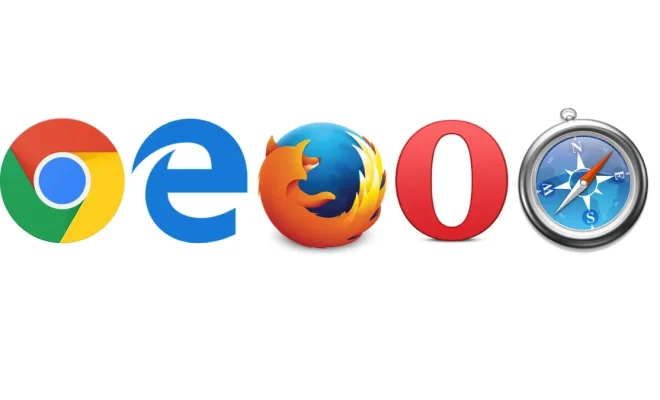WhatsApp vs. Signal: Which App Provides Better Security and Privacy?

In today’s digital world, we rely heavily on messaging apps to communicate with our friends, family, and colleagues. With the increasing concerns around data privacy and security, it’s important to choose a messaging app that offers the highest level of protection for our personal data. In this article, we will compare and contrast two of the most popular messaging apps: WhatsApp and Signal, and determine which one provides better security and privacy.
Encryption and Security:
Encryption is the process of encoding messages so that only the intended recipient can read them. Signal is known to use end-to-end encryption to ensure that all conversations are private and secure. The app encrypts messages, voice calls, and even the metadata, thereby preventing prying eyes from accessing any data. On the other hand, WhatsApp also offers end-to-end encryption, but it’s not as secure as Signal’s. This is because WhatsApp stores the metadata like the recipients of the messages, their phone numbers, and the timestamps, which could provide information on who is communicating with whom.
Data Collection:
Data collection and sharing are major concerns in the world of messaging apps. WhatsApp collects a significant amount of user data, including phone numbers, device information, and usage data, which it shares with its parent company Facebook. Facebook uses this information for targeted advertising and other purposes, which has led to concerns over the privacy and security of users. On the other hand, Signal is known for its strict no-data-collection policy, meaning that it doesn’t store any data on its servers or share any data with third parties. This ensures that users’ personal information remains confidential and secure.
Open-Source Code:
One of the ways to ensure better security and privacy is by using open-source code, which allows users to scrutinize the app’s source code for any vulnerabilities or backdoors. Signal is an open-source app, meaning that developers can view and audit the source code, ensuring that it’s secure and transparent. WhatsApp, on the other hand, is not fully open-source, making it difficult to determine if the app is secure.
User-Friendly Interface:
Both WhatsApp and Signal have user-friendly interfaces, making it easy for users to navigate through the app. However, Signal’s interface is more minimalistic, which could be a drawback for some users who prefer more functions and features. WhatsApp, on the other hand, offers a range of features like video calls, voice calls, status updates, and more, making it a more comprehensive messaging app.
Conclusion:
In conclusion, both WhatsApp and Signal offer end-to-end encryption, but Signal provides better security and privacy by not collecting any user data and offering open-source code. WhatsApp collects a significant amount of user data and is not entirely open-source, which could make it more vulnerable to security breaches. While both apps have user-friendly interfaces, WhatsApp offers more features, making it a more comprehensive messaging app. However, if privacy and security are your top priorities, Signal may be the better option.






